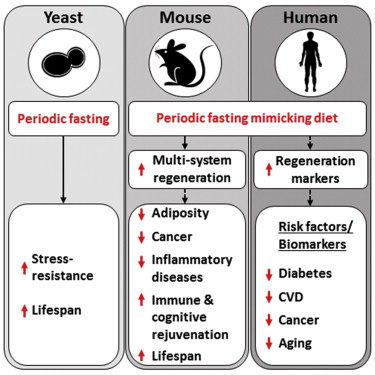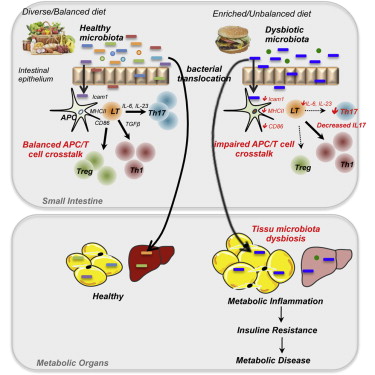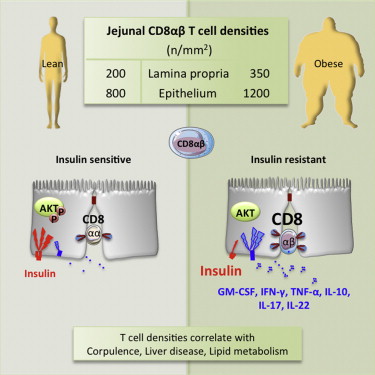The Journal of the American Medical Association recently reprinted an article published in 1965. Its message is even more dramatically needed today:
“The proper concern of medicine is people, not things; human life and values, not anatomy and physiology. Practitioners must be guided by the cold light of science; and if they are to do their best, they must feel warmth and fulfillment in applying their knowledge to the problems of individuals.”[1]
This is why I find it rewarding and satisfying to deal with patients as human beings with compelling stories to tell. I also delight in recommending good books to patients, especially on my radio program (KTKK.com; Sunday 4PM.) Most of my recommendations are non-fiction and from the best of writers; they tend to have a common thread, the heart triumphing over logic and reason. After decades of study and reading over 3,000 books I find solace in the words of Saint Exupery:
“It is only with the heart that we can see clearly. What is important is invisible to the eye.”[2]
Hugo Rodier, MD
“A Dose of Humility.”[3]
This is the title of an interesting article written by a fair-minded mainstream doctor who realizes pharmaceutical drugs have significant side effects. Problems with drugs are often minimized to justify over prescribing despite dubious outcomes. By honestly tackling this thorny issue he discovers that non-pharmaceutical ways of treatment, while they may not be his first choice, may have merit and much fewer side effects. Read for yourself:
“… No clean bill of health for Tylenol, but it’s effective for some conditions, and like all drugs it should be used with care. What then of two other commonly prescribed types of drugs: antidepressants and non-steroidal anti-inflammatory drugs? Both types are associated with gastrointestinal bleeding but not, when used alone, with intracranial hemorrhage. However, when these two classes of drugs are used together, as they often are, there is an increased risk of intracranial hemorrhage.
In a linked editorial Stewart Mercer and colleagues call the increased risk substantial: the absolute risk in the first 30 days of combined treatment is around 0.05% when compared with antidepressants alone… The risk in people treated for longer periods may be considerably higher. This clearly presents challenges for clinical practice. Pain and depression often go hand in hand, and guidelines are not good at dealing with multimorbidity and polypharmacy. Under these circumstances, they say, knowing patients and their wishes well and “taking an empathic, person centered approach may be as important as having better guidelines and a better evidence base.”
Does homeopathy offer a harm free alternative for these common ailments? Yes. Several large observational studies have concluded that doctors who use homeopathy in their practice have better patient outcomes at equivalent cost and use fewer antimicrobial drugs. [Detractors are] not impressed. [They] point that one of the most commercially successful homeopathic remedies cannot contain a single active molecule. Agreeing with the findings of a recent “comprehensive, independent, and rigorous” evaluation, [they] find no good evidence that homeopathy works other than through non-specific and placebo effects. Claims that homeopathic remedies are at worst harmless leave [them] equally cold. “Even a placebo can cause harm, if it replaces an effective therapy.”
I too am unconvinced by homeopathy. But the other stories in this week’s journal suggest the need for a good dose of humility about some conventional medicines too. And no harm will be done—indeed there is good evidence of benefit—if we make compassion and empathy an essential part of the therapeutic package.”
The Virtues of Fasting[4]
A terrific study produced this image: a picture paints a thousand words…

So, if you fast twice a month you will live longer, have a better immune system, reduce your risk of cancer and metabolic problems, and lose weight. I have started doing it myself. Hope you do, too. Here is the abstract from that study:
“Prolonged fasting (PF) promotes stress resistance, but its effects on longevity are poorly understood. We show that alternating PF and nutrient-rich medium extended yeast lifespan independently of established pro-longevity genes. In mice, 4 days of a diet that mimics fasting (FMD), developed to minimize the burden of PF, decreased the size of multiple organs/systems, an effect followed upon re-feeding by an elevated number of progenitor and stem cells and regeneration. Bi-monthly FMD cycles started at middle age extended longevity, lowered visceral fat, reduced cancer incidence and skin lesions, rejuvenated the immune system, and retarded bone mineral density loss. In old mice, FMD cycles promoted hippocampal neurogenesis, lowered IGF-1 levels and PKA activity, elevated NeuroD1, and improved cognitive performance. In a pilot clinical trial, three FMD cycles decreased risk factors/biomarkers for aging, diabetes, cardiovascular disease, and cancer without major adverse effects, providing support for the use of FMDs to promote health span.”
Mother’s Littlest Helpers[5]
Basically, healing the gut flora fixes just about everything. Gut health begins with mother’s milk:
“Commensal bacteria underlie, in part, our nutritional status, immune function, and psychological well-being. The trillions of beneficial microbes within our intestinal tract convert dietary nutrients, inhibit pathogen colonization, regulate immune processes, and produce neural signals. Advances in our understanding of the importance of microbes have motivated the commercial development of products intended to boost “good” commensals and confer health benefits.
Probiotic dietary supplements contain live beneficial microbes hoped to subsequently colonize the gut. Prebiotic nutrients are thought to enhance good gastrointestinal microflora by preferentially nourishing beneficial microbes. Even “psychobiotics” are being explored to ameliorate symptoms of psychiatric illness. These live organisms influence the brain through metabolites and neuroactive compounds in rodent models and preliminary human studies.
How to most effectively be the landscape architects of our microbial community, however, often remains unclear. An opportunity to gain insights into how natural selection has shaped the coevolution of hosts and microbes can be found in mammalian mother-infant pairs, as our microbiota are ecologically engineered by mothers and breastmilk. Such insights can be leveraged to improve clinical management and nutritional technologies, enhancing human health not just in infancy, but across the life course.”

“Are antibiotics making us fat?”[6]
YES!
And you know why…. They compromise gut flora. See above.

- “Of science, humanism and medicine,” JAMA 2015;314:734 ↑
- Book “The Little Prince,” 1943 ↑
- A Dose of Humility,” British Medical J. 2015;351:h3857↑
- “A Periodic Diet that Mimics Fasting Promotes Multi-System Regeneration, Enhanced Cognitive Performance, and Healthspan,” Journal Cell Metabolism 2015; Volume 22, Issue 1 , p86–99, 7 July 2015 ↑
- J. Science 26 June 2015:Vol. 348 no. 6242 pp. 1427-1428 ↑
- J. Genome 2015;2:42 ↑


